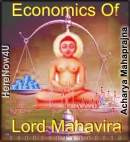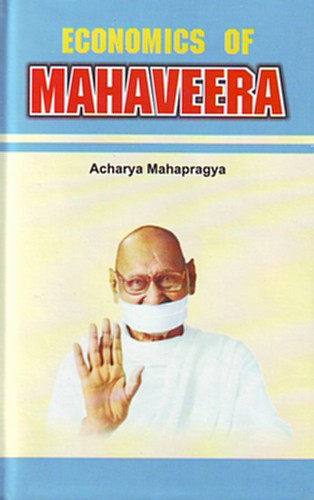
The definition of freedom that Mahavira enunciated established that the more you exercise restraint on your desires, the more you will get independence. Gandhi almost concurred with this. In the language of Marx, there is, on the one hand, the stateless society and, on the other hand, there is the maximum material development. The two, however, are so much mutually contradictory that they cannot exist together.
Keynes' principle of personal freedom in earning wealth is only a transient phenomenon. With such freedom, one does not know how many more bondages come along indirectly.
Under the capitalistic system, there are apparently no restrictions on earning wealth but how many constraints and restrictions are imposed indirectly only those who are engaged in abductions and stealing know. Today so many methods of earning have developed that the question is how the wealth earned is to be shared. If one does not know how to distribute the shares, then the point of dependence becomes quite obvious, and freedom and dependence become matters of great concern.
 Acharya Mahaprajna
Acharya Mahaprajna

